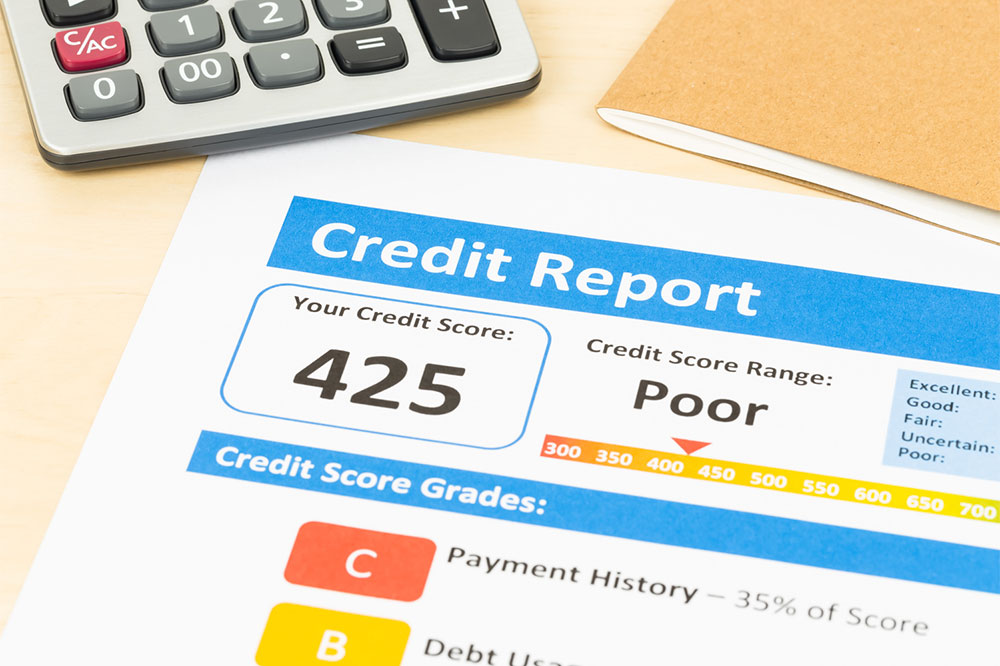Comprehensive Guide to Securing Home Loans with Low Credit Scores
This comprehensive guide explains how individuals with low credit scores can successfully secure mortgages. It covers various loan options, including FHA, USDA, VA, and conventional loans, tailoring advice for credit-challenged borrowers. The article highlights lenders known for flexible credit requirements and offers practical tips to improve credit health, making homeownership achievable for those with poor credit. Whether you're aiming for rural, government-backed, or traditional mortgages, this detailed overview provides valuable insights into overcoming credit hurdles to become a homeowner.

Strategies for Obtaining Mortgages When Your Credit Score Is Low
Securing a mortgage is often contingent upon your creditworthiness. A high credit score generally increases your chances of approval and helps secure favorable loan terms. Conversely, a low credit score can significantly hinder your ability to obtain a mortgage, as lenders typically assign stricter eligibility requirements to mitigate risk. A credit score ranging from 400 to 550 is widely regarded as poor, which can complicate the approval process and result in higher interest rates or larger down payments. Understanding your credit profile and exploring suitable loan options tailored for low-credit borrowers are essential steps toward homeownership.
What Does a Poor Credit Score Indicate?
Your credit score plays a pivotal role in determining your loan eligibility, the interest rates offered, and the size of the down payment required. Scores falling between 400 and 550 are classified as low or poor. Building a better credit history before applying can increase your chances of approval and help secure better loan terms. Factors impacting your credit score include timely bill payments, debt levels, length of credit history, types of credit used, and recent credit inquiries. If your score is on the lower side, deliberate efforts to improve your credit profile can have a positive impact on your mortgage prospects.
When your credit score is less than ideal, it becomes crucial to understand the specific lending options available to you. Different mortgage types have varying credit requirements and criteria set by lenders to assess the risk involved in lending to borrowers with low credit scores. Being aware of these options enables you to identify the most feasible routes toward homeownership despite credit challenges.
Mortgage Loan Types Suitable for Borrowers with Low Credit Scores
Conventional Loans: These loans are typically backed by government-sponsored entities such as Fannie Mae and Freddie Mac. Most lenders require a minimum credit score of around 620 for conventional loans. These loans often necessitate a minimum down payment of 3%, and the interest rates may be higher for lower credit scores. Improving your credit score can allow access to better terms, but with a low score, you may need to explore other options.
USDA Loans: These loans support low- to moderate-income rural and suburban homebuyers. They have flexible credit requirements, often accepting scores as low as 620. USDA loans do not require a down payment, making them particularly attractive for those with limited savings. Income limits are also in place to ensure eligibility, and application approval depends on meeting the program’s criteria.
FHA Loans: Managed by the Federal Housing Administration, FHA loans are a popular choice for borrowers with weaker credit histories. They accept scores as low as 580, provided the borrower makes a down payment of at least 3.5%. In some cases, scores as low as 500 may be accepted with a 10% down payment. The FHA loan program offers more flexible qualification requirements, making homeownership accessible for credit-challenged applicants.
VA Loans: Specifically designed for active military service members, veterans, and surviving spouses, VA loans offer unique benefits. Notably, they do not impose a minimum credit score requirement, making them highly accessible for qualified individuals. The primary criteria involve sufficient service history and meeting other basic underwriting standards. VA loans often come with competitive interest rates, no down payment, and fewer eligibility hurdles.
Financial Institutions and Lenders Offering Low Credit Mortgage Solutions
New American Funding: Renowned for its flexible credit requirements and personalized approach, this lender considers factors like employment history, residual income, and assets. Applicants with credit scores below 620 can still find options with this institution, especially if other aspects of their financial profile are strong.
PNC Bank: PNC offers mortgage products with credit score requirements starting at 580 to 620. The bank allows small down payments, ranging from 0% to 3.5%, making it accessible for those with lower credit scores. PNC also considers a borrower’s overall financial stability beyond just the credit score.
Carrington Mortgage Services: Known for its innovative flexible mortgage programs, Carrington provides options such as the Flexible Advantage mortgage, which approval can be obtained with credit scores as low as 550. They also offer various low-down-payment options to better accommodate borrowers with limited savings.
CitiMortgage: This lender accepts credit scores between 580 and 620, with options for low down payments, typically 3% to 5%. Their programs often cater to multi-family homes and various borrower needs, with less stringent credit requirements compared to traditional lenders.
Wells Fargo: Although traditionally requiring scores above 620, Wells Fargo has expanded its criteria to include options with flexible credit evaluations, including no-income verification and low down payments. Applicants with scores slightly below 620 may still qualify depending on the overall financial picture.
Navy Federal Credit Union: Especially advantageous for VA loan applicants, Navy Federal offers competitive rates and streamlined processes. They typically require no minimum credit score for VA loans, but conventional loans may have a threshold of around 580, providing more opportunities for low-credit borrowers to secure a mortgage.
While obtaining a mortgage with a low credit score presents challenges, understanding the available loan types and lenders opens up pathways to achieving your dream of homeownership. Improving your credit score gradually and exploring specialized loan programs can significantly increase your chances of securing favorable mortgage terms despite credit difficulties.





